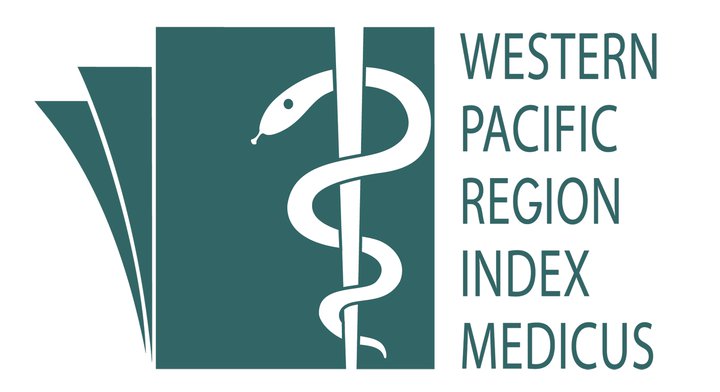Knowledge, Attitude, and Practice of Personal Protective Equipment Use in Healthcare: Findings from the Coronavirus Disease 2019 Era
Keywords:
Personal Protective Equipment, COVID-19, Healthcare workersAbstract
Introduction:
The Coronavirus Disease 2019 (COVID-19) pandemic has increased the demand for personal protective equipment (PPE), prompting a need to assess its usage among healthcare workers following established guidelines and ensure its rational use. This study aimed to assess the knowledge, attitude, and practice (KAP) of PPE use among healthcare workers (HCWs) in Ministry of Health (MOH) facilities during the COVID-19 pandemic and to determine the predictors associated with good KAP.
Methods:
This cross-sectional study was conducted from February to March 2021. The study utilized an online, anonymous, self-administered questionnaire which was pretested and content-validated. The final questionnaire consisted of 28 items and was distributed among HCWs working directly with patients/specimens/close contacts in the MOH facilities. Descriptive and inferential analyses were performed using Statistical Package for Social Sciences 26.0.
Results:
A total of 3132 respondents were included in the analysis after the exclusion criteria. 87.7% of HCWs possessed a good knowledge of PPE, 71.1% had a positive attitude, and 10.2% showed good practice. Formal training and having a good attitude and knowledge were significant predictors for good knowledge and positive attitude, respectively, while age, gender, state region and HCWs’ designation were the significant predictors of good practice.
Conclusion:
Most HCWs possessed good knowledge and positive attitude on PPE use but low magnitude on practice in terms of following guidelines, suggesting a gap between the level of knowledge and attitude and the actual practice. This necessitates additional education and training approaches to promote compliance with guidelines and ensure the rational use of PPE.
Downloads
Published
How to Cite
Issue
Section
License
Copyright (c) 2025 Khalidah Maruan, Divya Nair Narayanan, Samsiah Awang

This work is licensed under a Creative Commons Attribution-NonCommercial 4.0 International License.
IJPHR applies the Creative Commons Attribution (CC BY) license to articles and other works we publish. If you submit your paper for publication by IJPHR, you agree to have the CC BY license applied to your work. Under this Open Access license, you as the author agree that anyone can reuse your article in whole or part for any purpose, for free, even for commercial purposes. Anyone may copy, distribute, or reuse the content as long as the author and original source are properly cited. This facilitates freedom in re-use and also ensures that IJPHR content can be mined without barriers for the needs of research.






